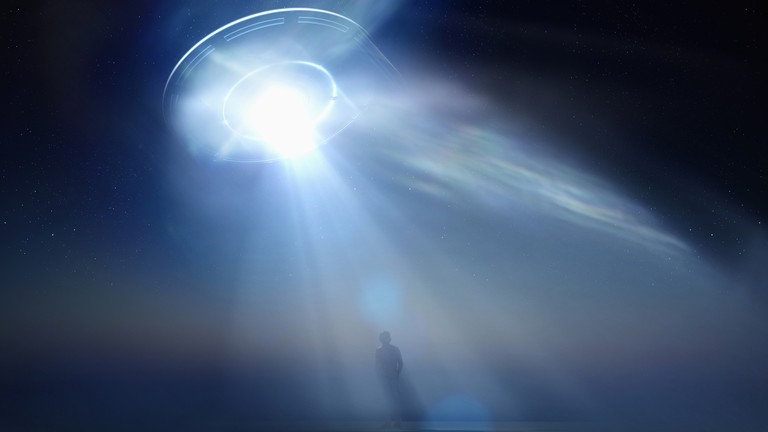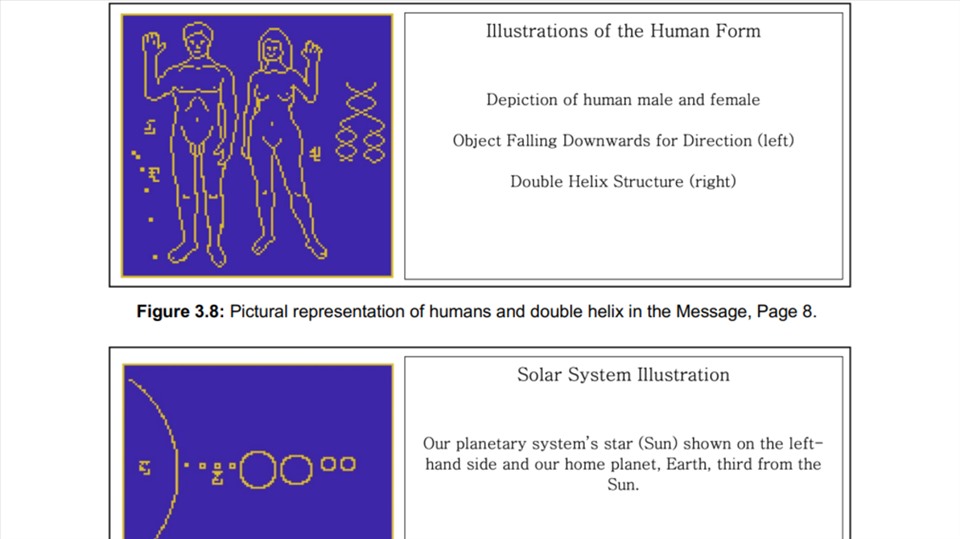Can NASA provoke an alien invasion?
Oxford University researchers warn that the efforts of NASA in communication with aliens can be dangerous.

Scientists at the UK’s Oxford University have sounded the alarm over NASA’s plans to broadcast position data and other information into space, warning that the attempt could cause damage, RT reports. dangerous unintended consequences, including triggering an invasion of alien.
At issue is the “Beacon in the Galaxy” (BITG) project, a data broadcast by a team of NASA-led researchers that celebrates “extraterrestrial intelligence.” The US space agency wants to broadcast signals from the Allen Telescope array of the SETI Institute in California and Telescope China’s 500m aperture spherical radio (FAST). It will include information such as the biochemical composition of life on Earth, the time-marked position of the Solar System in the Milky Way, digitized images of people and invitations to extraterrestrials. feedback.
Anders Sandberg, a senior research fellow at the Oxford Future of Humanity Institute (FHI), argues that such a program could be fraught with risks. In the unlikely event an alien civilization received the message, he said, the response might be more than just a friendly greeting.
Sandberg told the British Telegraph newspaper in an article published on April 17 that the search for alien life could be dangerous. “A lot of people refuse to take anything seriously about this, it’s a shame because these are important things,” said Mr. Sandberg.

Another FHI scientist, Toby Ord, suggests that there should be a public discussion before sending the signal to the aliens. Even listening to feedback signals can be dangerous, as they can be used to trap people The earth. “These hazards are small, but poorly understood and poorly managed,” he said.
There is no scientific consensus on the ratio between peaceful and hostile civilizations around the galaxy, Toby Ord stresses. “Since the harms can far outweigh the benefits, this is not a good situation to take proactive steps in contacting aliens,” he said.
In the past, weaker signals have been sent into space using earlier technologies, such as the Arecibo message sent in 1974. Russian scientists have carried out a series of programmes. such, called Cosmic Calls, in 1999 and 2003. Sandberg theorized that “poor aliens may have received various messages sent for all sorts of reasons”.
The BITG scientists speculate that an alien species advanced enough to carry out interstellar communication “may very well have achieved a high degree of communication between them and would therefore know the importance of peace.” and cooperation”. Canadian futurist George Dvorsky dismisses the theory as “old joke”, saying he thinks of “many scenarios” in which evil-minded extraterrestrials would continue to exist.
at Blogtuan.info – Source: laodong.vn – Read the original article here



